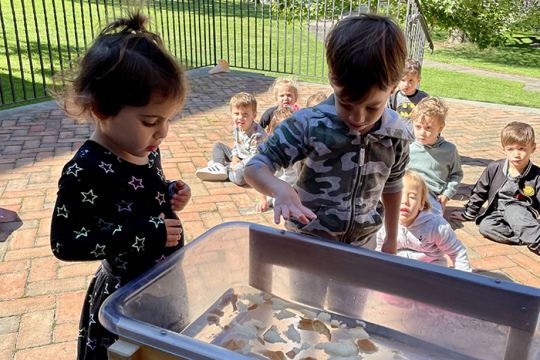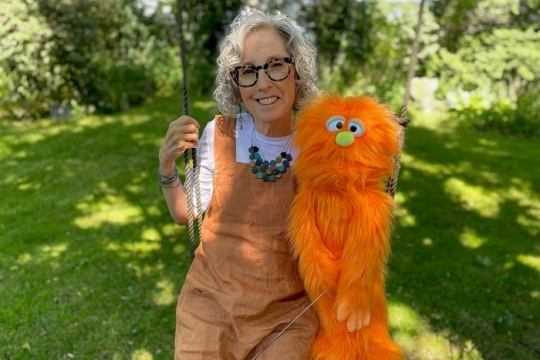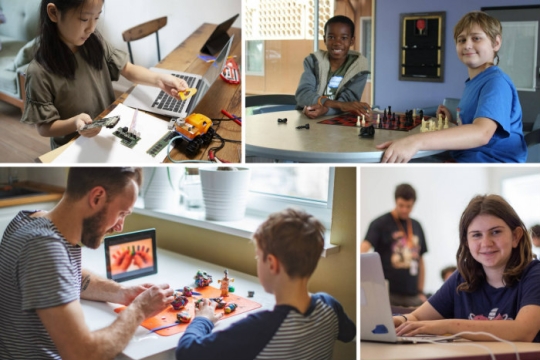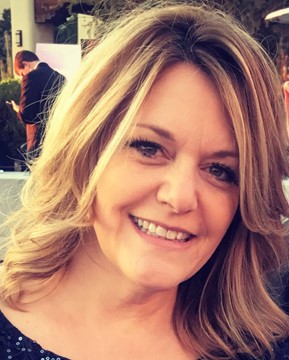
As the sun sets on these long, hot summer days, caregivers begin planning for their children's return to school. Perhaps the most important transition is the one of the child walking into a new classroom and starting a new school year. It can be scary for them and for you!
Here are a few tips to ensure success:
1. Fake it 'til you make it!
Children take their cues from their parents and caregivers. If you seem confident in their ability to separate from you, to make friends, navigate the classroom, and trust their teachers, they will be confident, too. Though you might be silently screaming on the inside, the words you use, the smile on your face, and your body language will be important tools to communicate to the child that they can do this.
2. Embrace the Journey
Being part of a preschool is more than just an educational experience. Early childhood education is designed to feed a child's n'shamah (soul). They will learn how to be part of a community, negotiate conflict, and handle frustration and disappointment. They will learn to advocate for themselves, ask questions, and find answers while immersing themselves fully in the play that is so essential to childhood.
3. Jump in with both feet
When it comes to preschool, it is more than just a cliché to say that you really get out what you put in. If a child attends a Jewish preschool, there will likely be Shabbat or holiday celebrations, but it is important for a child to see that school and home are inexorably intertwined, and that you are a part of their school community. Volunteer, read to the class, or join a committee - be a part of the school so that they see their school family as an extension of their own family. Though this may be especially difficult for working parents, consider asking a relative or friend to help divide and conquer.
4. Validate, validate, validate
Children are going to have a lot of emotions about starting (or restarting) school. Some will be positive - excitement, joy, anticipation… but some feelings will be challenging - anxiety, nervousness, or fear. It is critically important that you do not tell them to feel or not feel a certain way. It can sometimes seem kinder to distract them from the feeling - "there is nothing to be scared of!" but try something like, "I can see that you're scared - new things can be scary sometimes, but school will also be fun!" Reassurance, especially if this is the first time the child will be separated from parents or caregivers, can be hard. Books like The Kissing Hand by Audrey Penn or Owl Babies by Martin Waddell can be good tools to give the child language to express how they are feeling.
5. Find rituals
Ritualizing experiences is a very Jewish concept and is appropriate for young children. Maybe you decide that your goodbye at the door will be "three kisses, two hugs, and a twirl," or maybe there is a certain route that you'll take each day or a certain song that you'll listen to. Finding small ways to make things predictable in a situation that can feel a little unpredictable at first will help build a child's sense of security and calm.
Even if the start is a little rocky, some regression around big transitions is completely age appropriate. You (and your child) can do this! Remember that the Early Childhood teachers and Administrators are in this with you to help you and your child through these transitions. Don't be afraid to lean in and ask for help or support if/when you need it. These are the relationships that will help you over the next few years and you will all be stronger for it.
Related Posts

Simple Ways to Make Yom Kippur Meaningful at Home with Young Children

August Family Fun with the Artists Behind Shabbat ShaMorning



